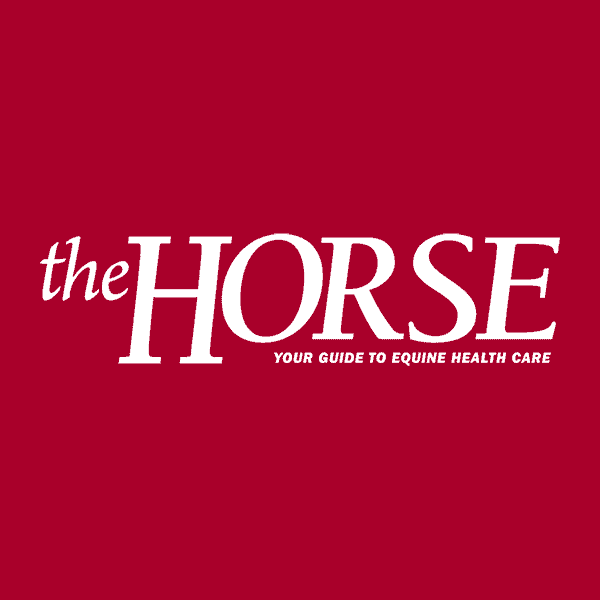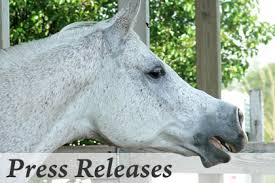The Importance of USDA-Accredited Vets
- Posted by The Horse Staff
- Topics: Across the Fence, Blogs
By Todd Behre, DVM, PMP
In 1921 the USDA established the veterinary accreditation program so private practitioners could assist federal veterinarians in controlling animal diseases. The USDA could not monitor our nation’s horses for emerging or foreign animal diseases or fulfill the regulatory requirements for interstate and international movement of horses without these accredited equine practitioners’ help.
Today’s National Veterinary Accreditation Program (NVAP) is administered nationally, but authorization to perform accredited work is granted on a state-by-state basis. Creating a national system has helped the USDA Animal and Plant Health Inspection Service (APHIS) standardize the accreditation procedures and requirements, allowing for more uniform administration of the program.
So how does the program work? Accredited equine practitioners examine your horses and complete interstate certificates of veterinary inspection or ICVIs (often referred to as health certificates) when your horses travel interstate. These qualified individuals have a complete understanding of the process and know the requirements of horses’ destination states. Under the new Federal Animal Disease Traceability Rule, the ICVI is “É an official document issued by a Federal, State or Tribal Animal Health Official, or accredited veterinarian for the animals that are being shipped interstate.” On a much more complex scale, the accredited equine practitioner is also needed when you ship horses internationally
Create a free account with TheHorse.com to view this content.
TheHorse.com is home to thousands of free articles about horse health care. In order to access some of our exclusive free content, you must be signed into TheHorse.com.
Start your free account today!
Already have an account?
and continue reading.

Written by:
The Horse Staff
Related Articles
Stay on top of the most recent Horse Health news with

















